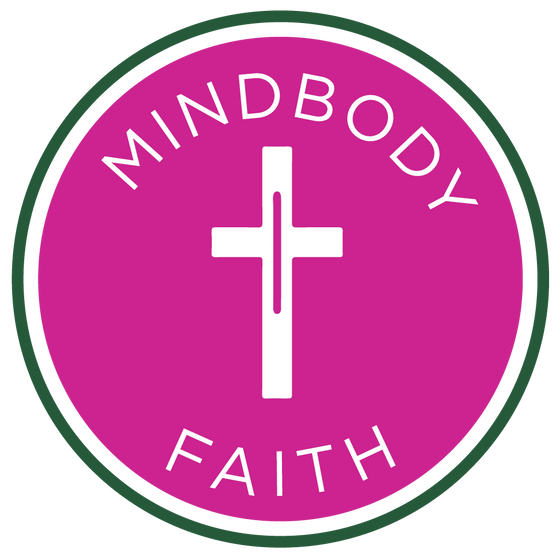How Yoga Can Help Your Mental Health?

Yoga is commonly toted as a relaxing, stress-relieving practice with plenty of health benefits! Most would agree with the physical benefits associated with the practice but how does yoga help your mental health?
Before we dive into that question, what is yoga?
The National Center for Complementary and Integrative Health describes yoga as a “mind-body practice" while the National Institutes of Health (NIH), describes yoga as an ancient and complex practice that began as a spiritual practice but has become popular as a way of promoting physical and mental well-being.
However, yoga as practiced in the United States today typically emphasizes three main components:
- Physical postures
- Breathing techniques
- Meditation
Many people who practice yoga believe it works simply because they feel good afterward; but research supports its concrete physiological effects that help explain why it helps mental issues and emotion regulation - this has much more do with increased HRV (heartrate variability). Higher levels of HRV calm down an overactive sympathetic nerve response in order to reduce anxiety or depression.

Photo by Joice Kelly on Unsplash
Researchers have found both yoga and meditation can help increase HRV.
Why is this important?
Health-related variables like heart rate variability (HRV) are a measure of how healthy your autonomic nervous system is, which controls the involuntary functions in your body such as breathing and blood pressure regulation. The goal for HRV measurements should be to try to achieve greater distances between each heartbeat with increased periods of restful deep breaths so that our emotions also become more regulated than when we're feeling stressed or anxious - something you might notice if you feel shallow breath rates beating fast while under those circumstances!
Simply put yoga increases your heart rate variability by adjusting breathing techniques which leads to calming effect on our entire body including the autonomic nervous system where we store trauma.
Ultimately, yoga aids in regulating your breathing which connects with every system in your body. The quality, flow, and rate of your breath is an indicator of how you feel.
If reducing mental stress is your goal consider try this brief breath meditation or consider a restorative, yin, or gentle yoga class that allows you to move mindfully while breathing with ease.
Try this gentle bedtime flow when you need to decompress and relax your mind before bed.
Have you tried practicing yoga for mental health?
Leave a comment
Comments will be approved before showing up.



